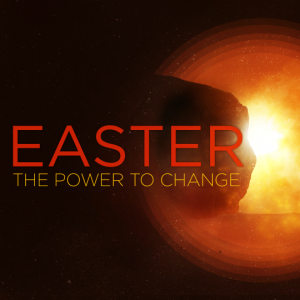Transformed
- As a child, how did you respond when things didn’t go your way? How do you respond today when things don’t go your way? Why do you think you respond the way you do?
- What is it that arouses anger in you? How do you express your anger? Why?
Read: Jonah 4:1-11
- In v.2 we discover why Jonah ran from God. What reason does Jonah give God for running? What’s intriguing about what Jonah says (i.e. why is he angry and depressed now)? What history was there between Israel and Assyria? How did that play into Jonah’s initial response to God (why he ran)?
- What’s interesting about God’s response to Jonah in v.4? What lesson is God trying to teach Jonah?
- Jonah proclaimed the message God gave him and the city repented. Mission accomplished, right? Not really…at least not in Jonah’s eyes. Why do you think instead of leaving the city and going home, Jonah decided to go outside of the city in order to “wait to see what would happen to the city”? What do you think Jonah was quietly hoping for? What does this reveal about his heart?
- What three things does God provide Jonah (v.6-8)? What role does each of these things play in the lesson God was trying to have Jonah learn? What was that lesson?
- What’s curious about how the story ends? Why do you think the author leaves the readers hanging?
- When have you ever found yourself reacting negatively to the mercy and compassion God showed other people? Why did you react that way?
- When have you tried limiting God’s mercy and compassion for others? To whom is God wanting you to show mercy and compassion?
- How important is reaching those who are far from God to you? In what way are you more concerned about your personal comforts and personal pursuits than reaching the lost? How do you think God feels about this?
- What do you sense God has been saying to you through this study? What are you going to do about it?


